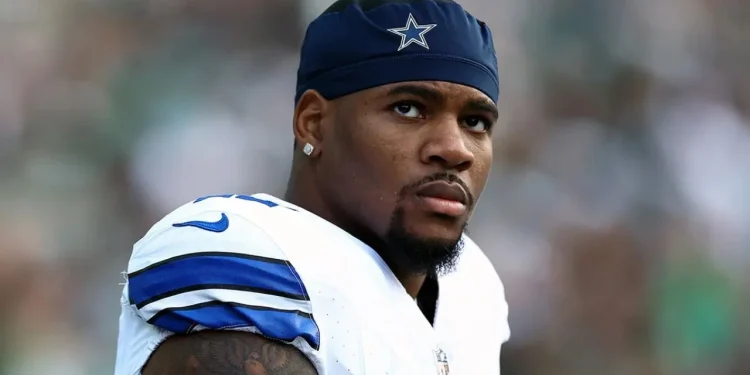Micah Parsons, a standout player for the Dallas Cowboys, exemplifies the talent and potential within a team renowned for its high-profile postseason falters. Despite the promising roster, Parsons recently sparked considerable intrigue and speculation by choosing to skip the team’s voluntary organized team activities (OTAs) in May.
This decision has drawn significant attention from fans and analysts alike, highlighting his athletic prowess and influence on the team. In 2023, Parsons, along with eight other Cowboys, earned prestigious All-Pro honors, signaling a season of individual success amidst collective disappointments.
As the team gears up for 2024, the financial strain of retaining such a roster becomes evident. Jerry Jones, the Cowboys owner, has notably tightened the purse strings this offseason, a strategy possibly linked to the imminent contract extensions for key players like Parsons.
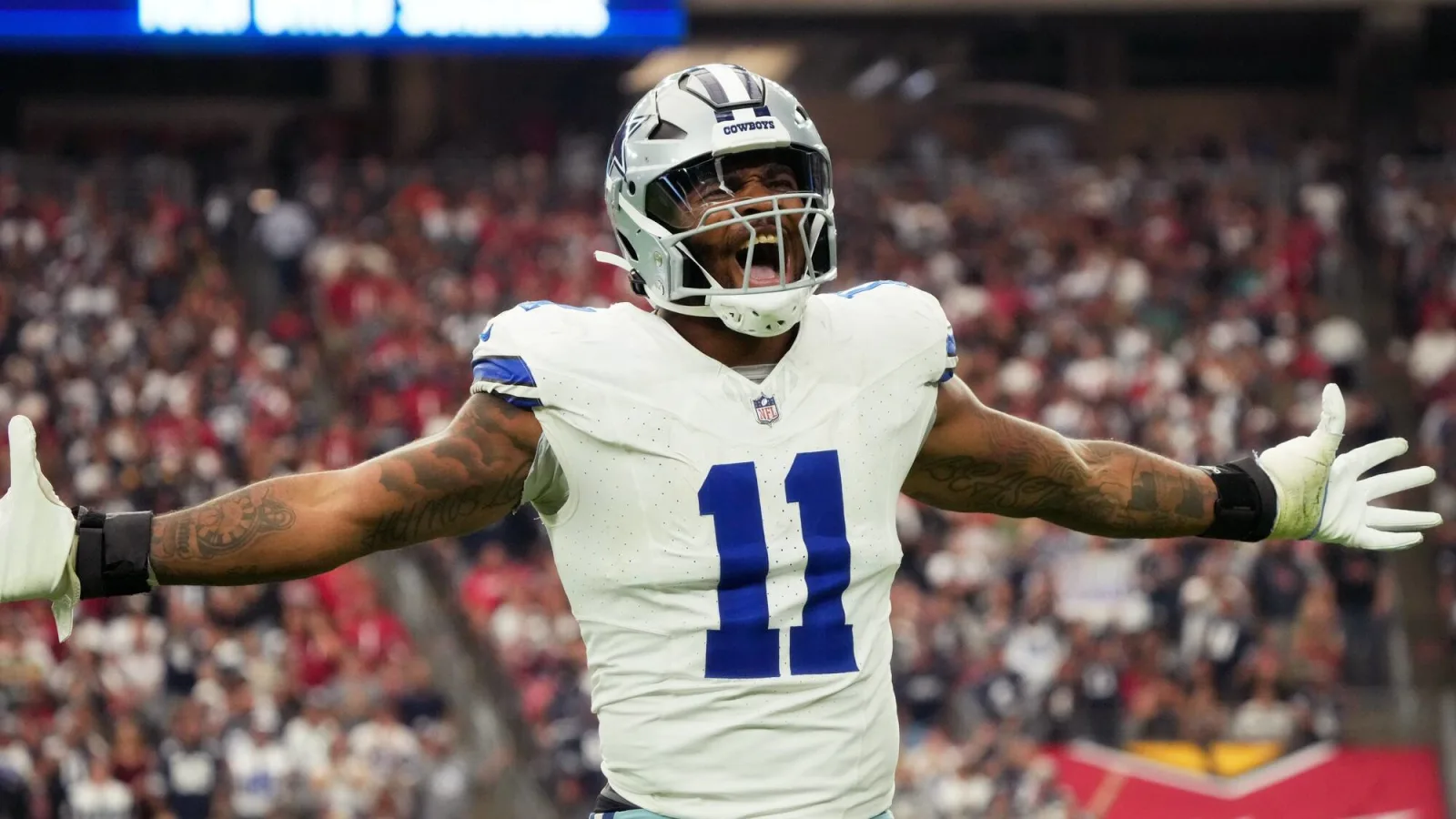
Unpacking Micah Parsons’ Reasons
Micah Parsons, a first-round pick in the 2021 NFL Draft, has been a formidable force on the Cowboys’ defense, operating under a rookie contract. As he becomes eligible for a contract extension, all eyes are on his next move. Parsons’ absence from the May OTAs was not unnoticed, and he addressed it by emphasizing a preference for his personalized training regimen.
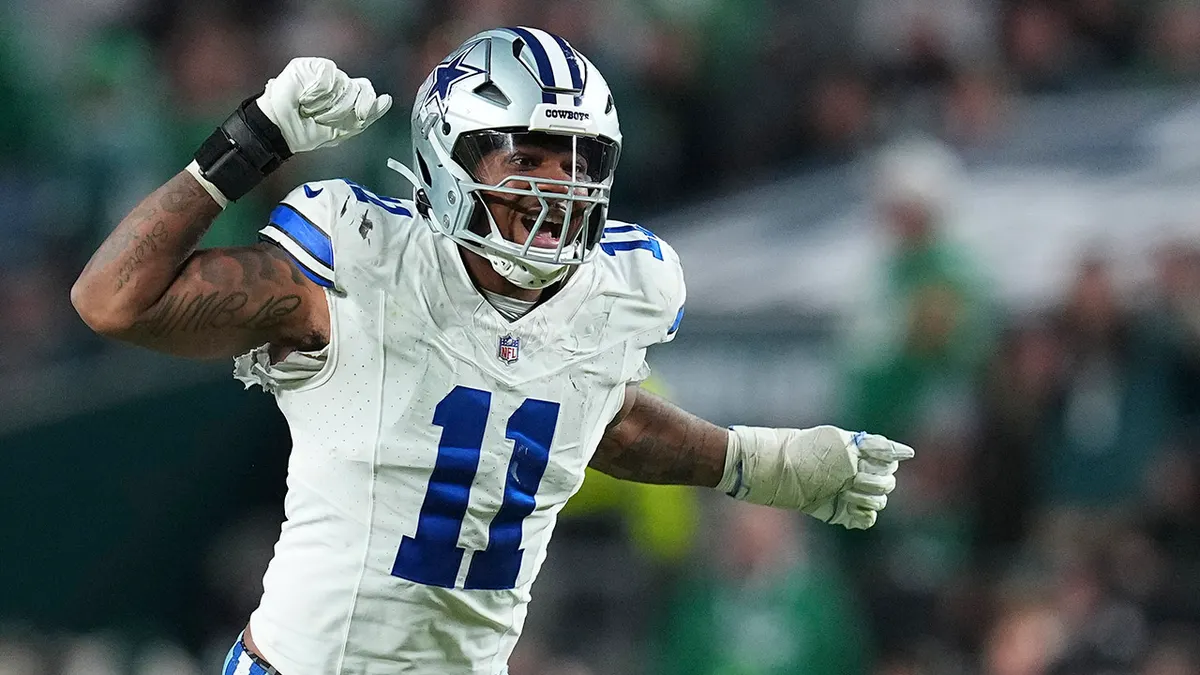
“I have been here [for voluntary workouts] since my rookie season. I don’t think it’s anything new. I have my way of doing things,” Parsons explained. His approach reflects a broader trend among NFL players who opt to train independently to better manage their health and performance. For Parsons, the decision is also about allowing his body to recover and strengthen, crucial for his role as an “undersized rusher.”
Interestingly, while Parsons initially denied any connection between his OTA absence and contract negotiations, he later acknowledged the business aspect of his decisions.
“This is all I have. This is all I have to offer to the Cowboys. Before you sign a contract, you go through a physical, before you’re even on a team. This is your engine,” he remarked. This candid admission sheds light on the strategic considerations athletes must balance—performance, health, and financial security.
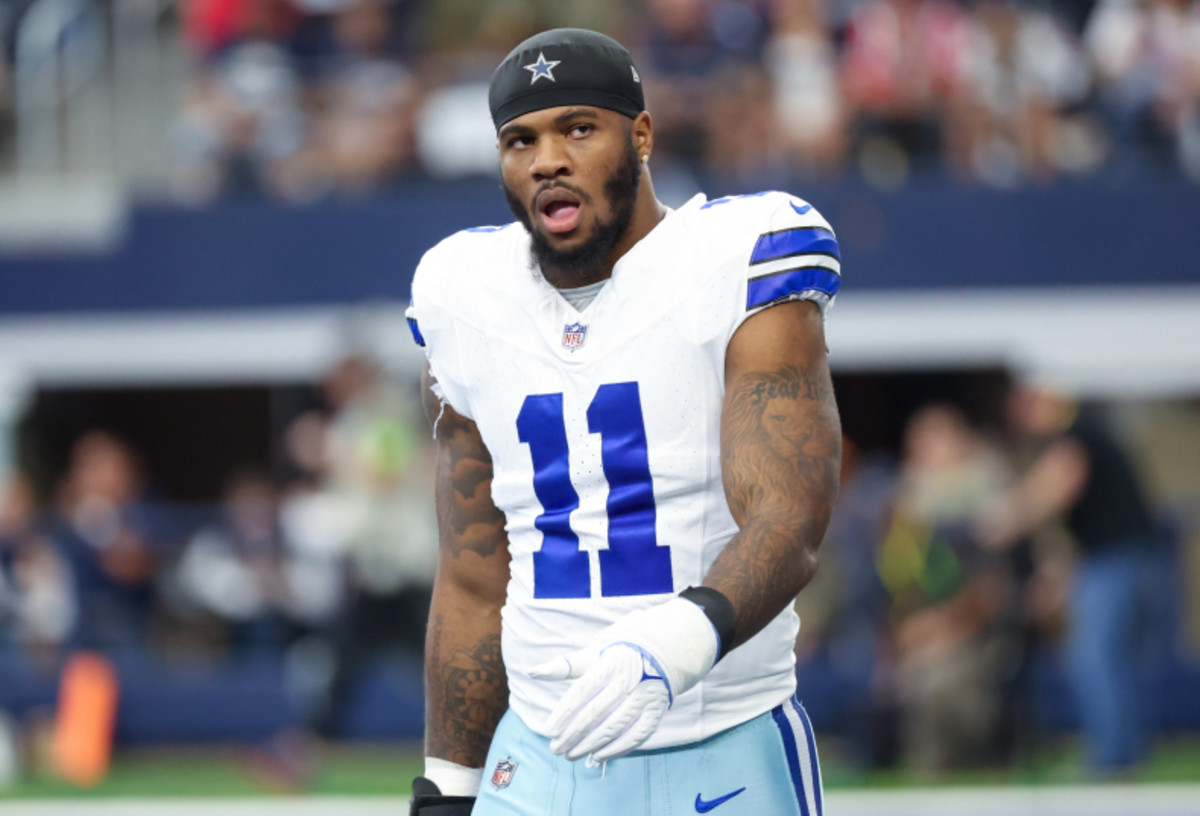
NFL Contract Negotiations and Player Health
Skipping OTAs has become a nuanced tactic employed by players engaged in contract negotiations. This strategy is less about avoiding minor injuries from light workouts and more about leveraging absence to underline contract demands. It’s a calculated risk that speaks volumes through silence, aiming to secure better terms or underscore dissatisfaction.
For Parsons and many others, the underlying message is clear: availability is their greatest asset. “If I’m not available when it matters because my body is not healing properly or I didn’t get all of the rehab I need to be successful, then that’s on me,” Parsons stated, highlighting the personal stakes involved in these high-stakes negotiations.
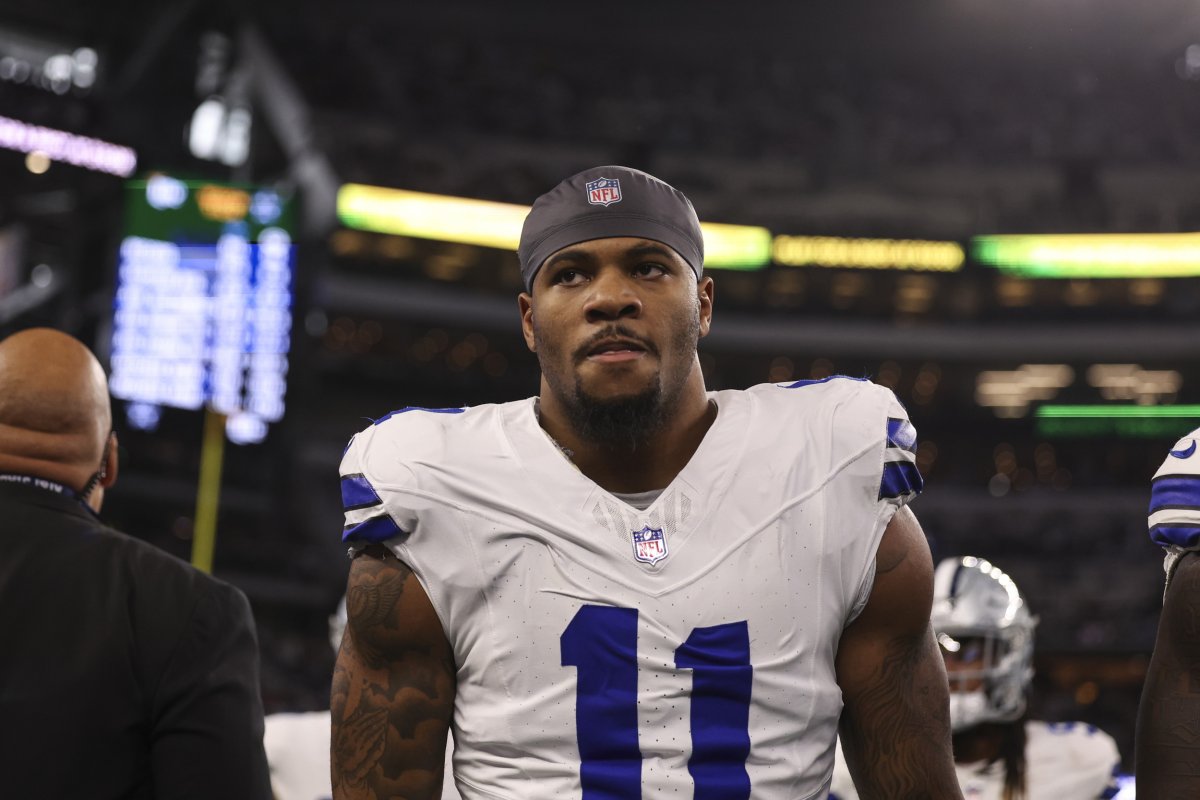
A Delicate Balancing Act
Micah Parsons’ decision to skip the Cowboys’ OTAs is a multifaceted move that transcends mere contract negotiations. It encapsulates the delicate balance between personal health management and professional obligations—a dilemma that many athletes face in the high-pressure world of professional sports.
As Parsons and the Cowboys navigate the complexities of contract extensions, the outcomes will likely resonate beyond the negotiating table, influencing team dynamics and Parsons’ future in the league.
Source: Fansided


